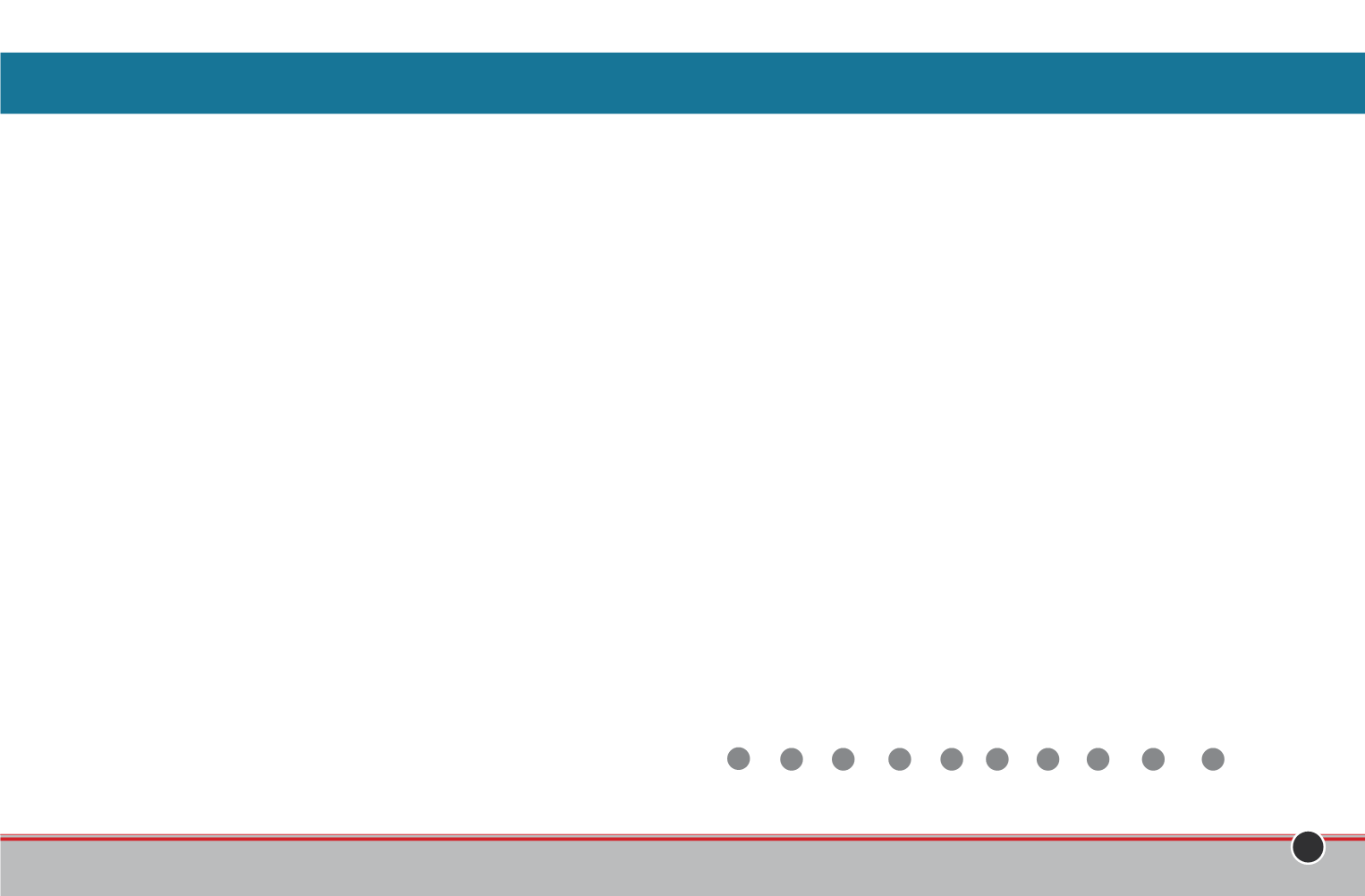
CAO HANDBOOK ENTRY 2017
163
You will notice that there are different entry requirements for these
options, they take different amounts of time to complete, and can be
studied at different tertiary study institutions. Page 15 tells you exactly
how to read and understand the ‘Programme Choice List'.
So you realise there are some gaps in your career knowledge, but
how do you find out more about careers you don't know about?
Here are some ideas...
• Ask your Life Orientation (LO) teacher, parent or another adult to
explain more about the career directions you're unsure of.
• Perhaps you have a family friend, neighbour or relative who does the
job you are interested in finding out more about. Speak to them about
their job.
• Use the coupon on page 207 to send away for more information on
your institution of choice and the career direction that seems
interesting to you.The CAO will inform the respective institutions that
you would like more information from them.
Have a look at
This great website
provides a lot of information about different types of jobs
and careers. It also gives you ideas about where to find out further
information, such as through professional bodies or associations. Do
their extremely helpful quiz to find out more about what careers you
might suit.
• You could also look in your school or public library for books on
careers.
Now that you've done some research into the career directions, rate
which three sound most interesting to you.
Look these up in the Programme Choice List to see how to study
towards them.
Another way to refine your knowledge of your top three career directions
is to speak to people working in these fields.You could phone a company
in the industry to find out more. If they are not too busy, people are
often very flattered to tell you about what they do. Phone them and
say, "...Good morning/afternoon, my name is _____ and I want to study
towards a career in ______. I am trying to find out more about what the
career involves on a day-to-day basis. I would really appreciate speaking
to someone in this career in your company".
Before you make this call, write down the questions you need to ask,
e.g., what do you do on a day-to-day basis; are there jobs available in
this career; what is the earning potential; how many hours do you work
a week? etc. Remember to thank the person for their time!
You could also phone the institution you are thinking of studying through
and ask to speak to their career counsellor. Many institutions have one
of these and the service is free of charge. Or you could speak to the
Admissions Office for details about the content of programmes. See
contact details on pages 186 to 199.
After you have followed the steps above, rate your knowledge of careers.
1 2 3 4 5 6 7 8 9 10
Wow! Your career knowledge has grown! Well done.
1. Find Out what You're Good At
continued


